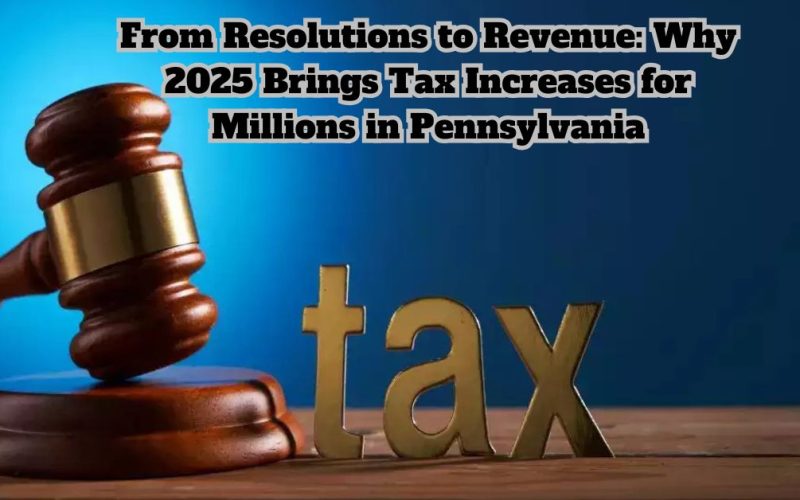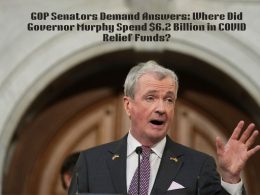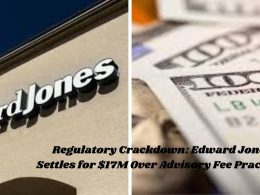Pennsylvania Rings in 2025 with Property Tax Hikes Amid Fiscal Turmoil
The start of a new year is often a time for self-improvement, with many resolving to kick bad habits like smoking or overeating. For Pennsylvania’s state and local governments, however, the vice of overspending and passing the buck to taxpayers remains hard to break. As 2025 begins, residents in four of the state’s five most populous counties are bracing for significant property tax increases.
From Cumberland County’s modest 4% hike to Lackawanna’s staggering 33% jump, more than 5 million Pennsylvanians will see higher county taxes this year. Allegheny County leads the pack with an eye-watering 36% increase, down from an initially proposed 47% hike. While compromise in politics is often a virtue, many residents feel the outcome falls short of what’s acceptable.
Tax Hikes Amid Population Decline
One Allegheny County council member defended the tax hike, noting that cities like Atlanta and Jacksonville have raised taxes by over 50%. The comparison, however, is troubling. Both Atlanta and Jacksonville have seen substantial population growth—each adding over 100,000 residents since 2020, driving demand for expanded services. Pittsburgh, on the other hand, tells a different story. The U.S. Census Bureau reports the metro area has lost nearly 32,600 residents in the same period, leaving fewer taxpayers to shoulder an increasingly heavy load.
State-Level Troubles Compound the Crisis
The county-level tax hikes foreshadow deeper issues at the state level. Pennsylvania faces a daunting $3.6 billion budget deficit in 2025, a legacy of years of fiscal mismanagement exacerbated by the COVID-19 pandemic. Federal stimulus funds temporarily masked overspending, but with that aid now dried up, the state’s financial problems have come into sharp focus.
Early data from the 2024–25 fiscal year indicate the problem could be worse than anticipated. Revenue collections have fallen short of official estimates in three of the last six months. December alone saw an $87.2 million shortfall, bringing the year-to-date deficit to $97.1 million.
Education Funding: A Double-Edged Sword
One of the most contentious areas of spending is education. In June 2024, the state approved a $1.3 billion increase in education funding, marking a $4.1 billion boost over the past four years. Despite this surge in funding, dozens of school districts across the state have raised property taxes, leaving many questioning whether the money is being effectively allocated.
Looking Ahead
As Pennsylvania enters 2025, the fiscal landscape looks bleak. Residents are calling on local and state officials to implement real reforms, prioritize spending, and explore alternative revenue solutions to avoid further burdening taxpayers.
While New Year’s resolutions often focus on personal growth, perhaps it’s time for Pennsylvania’s lawmakers to resolve to break their own bad habits—and give taxpayers a much-needed break.
Reference News :- New Year, New Taxes in Pennsylvania










